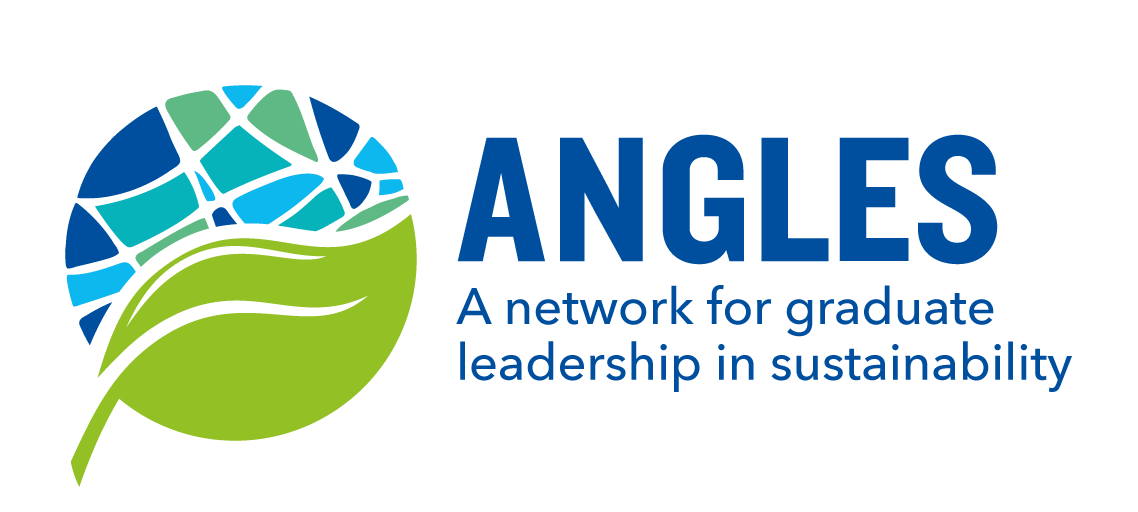Understanding beliefs and values of different audiences, appreciating diverse perspectives. Interpreting your own values for a variety of audiences. Listening skills and how to identify shared values. Thinking about secondary audiences, argument beyond a single interaction, and gaining a better understanding of other parties’ beliefs. Science communication strategies and communicative rhetoric.
Variety of past workshops offered different years. Have included storytelling best practices and narrative for writing, for video, and spoken formats.
Time management training to maximize productivity, manage work/life balance, achieve deep work and focused time, and aligning tasks to higher-level goals and strategy. Includes strategies for email management, identifying goals, matching projects to goals, work and task planning, time tracking, accountability, and writing productivity.
Running effective meetings including planning, execution, and followup. Essentials of designing and facilitating effective meetings, identifying participants, planning for intended outcomes, inclusion and participation, dealing with conflict, and tips for virtual meetings.
Workshop led by COMPASS, science communication specialists and guest journalist trainers. Intensive multi-day workshop includes: foundations of effective science communication; knowing your audience and crafting a good narrative; understanding the media, media platforms, and how to talk to journalists; bridging the worlds of science and journalism; and preparing for interviews and interview practice.
Understanding the policy landscape, entities, and individuals. Opportunities for science-policy interaction. Best practices for shaping policy decisions and interacting with policy makers as a scientist.
(Discontinued 2020). Best practices of visual communication and data visualization, including how people interpret visual messages, graphic design basics, and do’s and don’t’s of presenting scientific information in visual formats.
Orientation meeting designed around building the cohort network and establishing relationships.
Each Fellow writes a blog post and provides peer review for the post of another Fellow. Provides practice with writing scientific narrative that is accessible, fun, and interesting to a non-expert audience, as well as practice giving and receiving feedback from a colleague outside their discipline. Posts are hosted on the SoGES Human Nature blog and open to public comment.
Working on interdisciplinary teams; building a shared language and vision; change management, negotiation, and conflict resolution; leadership for all team members; justice, equity, diversity, and inclusion on teams.
